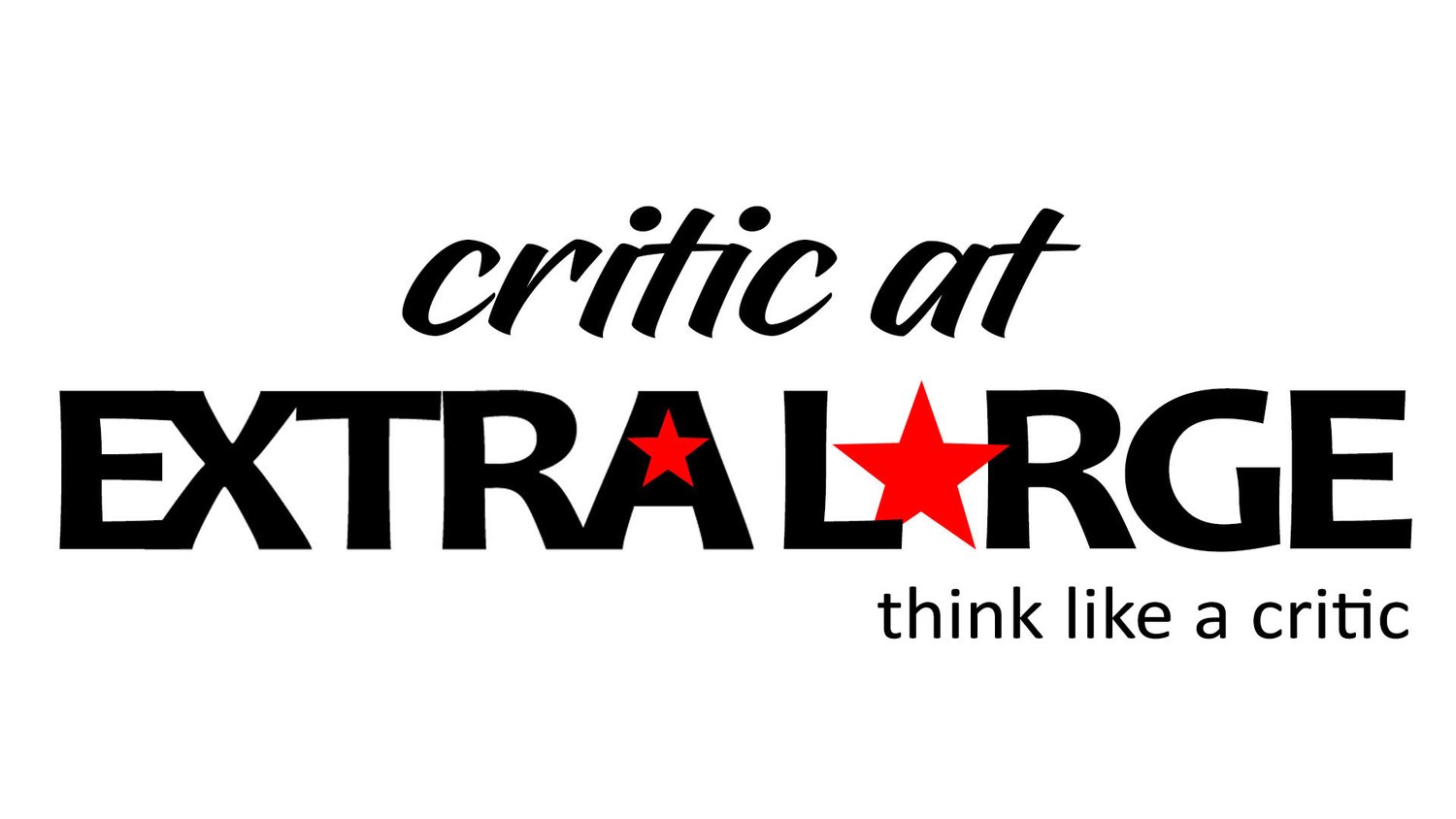If Rappers Continue To Make Incriminating Music, Then Rap Music Should Be On Trial
Last week, while all eyes were glued on Kenosha, Wisconsin, a couple of New York Senators presented legislation that could continue the meshing of politics and pop culture.
Democrat Senators Brad Hoylman and Jamaal Bailey introduced a bill called "Rap Music on Trial," which would ban the use of musical lyrics as criminal evidence in court against defendants. Hoylman and Bailey argue creative expression levied against citizens is a violation of First Amendment rights.
"Art is creative expression, not a blueprint of criminal plans," says Senator Hoylman. "Yet we've seen prosecutors in New York and across the country try to use rap music lyrics as evidence in criminal cases, a practice upheld this year by a Maryland court."
Black Democrats never leave a race card unplayed, and Senator Bailey is no different: "The admission of art as criminal evidence only serves to erode this fundamental [First Amendment] right, and the use of rap and Hip-Hop lyrics in particular is emblematic of the systemic racism that permeates our criminal justice system."
Scottish philosopher Adam Smith is credited with the Theory of Self-Interest. "Self-interest or self-love is derived from selfish passions, but self-love is not identified with selfishness, because self-love, like other interests, can be virtuous or evil." Senators Hoylman and Bailey are acting entirely out of self-interest by presenting this bill. It does not make them bad people, but they are doing what they deem necessary to survive in American politics.
White men are under attack these days. Hoylman attended Oxford University on the prestigious Rhodes Scholarship, attended Harvard University, and is Jewish. By today's SJW standards, he is dripping with white privilege. Hoylman sponsoring a bill that feeds the egos of blacks insulates him from social backlash.
Jamaal Bailey represents the Bronx through and through: he was born, raised, attended school, and graduated from the New York borough. Hip-Hop and the Bronx are tied to the hip like Flavor Flav and gaudy jewelry. Hip-Hop also has a history of glamorizing criminal behavior. Bailey has had a hand in several bills of legislation seeking lesser penalties for criminals. Both Hoylman and Bailey are playing the game of politics to ensure reelection.
Freedom of speech should be protected, but we should acknowledge its limits. For example, we cannot yell "bomb" in an airplane 30,000 feet in the air and hide from prosecution behind the First Amendment. Words, when misused or utilized for vile means, do have consequences. We should not change the meaning of words to skirt by repercussions of poor First Amendment practices.
The music industry can be a high-risk, high reward type of scenario for many rappers. The lure of superstardom, money, fame, and the endless supply of material possessions and women that money and fame can buy is too attractive for some. The downside is death or jail time. If someone is willing to risk being confined to a casket or a prison cell in their chase for riches, then the consequences are on them.
In 2014, Bobby Shmurda was on that path to superstardom. He was becoming a household name. His single "Hot Nigga" was atop the charts and 5x Platinum certified. However, Shmurda's fortunes turned sour when he and his GS9 gang were arrested near Times Square in connection with gang-related shootings. He was indicted on charges of conspiracy of second-degree murder. He also faced assault, weapons, and narcotics charges. In a press conference, James Essig of the NYPD said Shmurda's songs and videos were "almost like a real-life document of what they were doing on the street." He specifically referenced "Hot Nigga." In 2016, Shmurda served seven years in prison as part of a plea deal.
Senator Hoylman referenced a case in Maryland earlier this year. It involved the 2017 homicide of George Forrester, who was killed after attempting to purchase cocaine with counterfeit money. Lawrence Montague was eventually indicted for Forrester's murder. Three weeks prior to the trial, Montague rapped a freestyle verse over the jailhouse phone. The audio was uploaded to Instagram. Montague's rap was used as evidence against him during the trial, and he was convicted of second-degree murder and weapons charges. He was sentenced to fifty years in prison.
Bobby Shmurda and Lawrence Montague's lyrics were in direct correlation with open criminal investigations. Police departments are trained to exhaust every avenue possible to apprehend suspects. So if a rapper is a suspect in a homicide investigation and released a song bragging about how his gat sends niggas to heaven, the police would be fools NOT to use the song as evidence.
Many of the upper echelon rappers do not find themselves in the crosshairs of police departments, regardless of what they spit on wax. Eminem's catalog consists of numerous songs talking about rape, affixation, and murder. He portrays a murder-suicide in his iconic song "Stan." The difference is their choice of lifestyle. Eminem is a loner by many accounts. Shmurda runs the streets, flaunting his celebrity. It makes him an easy target when things go wrong. And they always do at some point.
There is an argument to be made for the arts. Artists should have some protection to verbally paint pictures, play in character, and say whatever they choose on a song. I am not a proponent of censorship. I acknowledge that genius and crazy are close cousins. Great art requires the freedom to push boundaries and say things that will piss off or offend people. However, rappers can still make great music without resorting to the tired cliches of killing, shooting, robbing, and mischief.
Fans also play a role in this equation. In music, but especially in Hip-Hop, songs about various levels of debauchery receive more playtime than songs with more wholesome themes. For example, Tekashi 6ix9ine's "FEFE" will receive more plays than Christian rapper Bizzle's entire catalog. I do not say that with any disrespect, just stating facts. Rappers understand portraying a criminal or a thug will sell more, thus emboldening them to make poor lifestyle choices outside the booth.
I know the pros and cons of having strong, polarizing opinions. I may be able to change the world, but I also might alienate some people. Even some people I love and care about. Some rappers must understand the pros and cons are portraying a criminal. When you play with fire, don't complain about the heat. The Rap Music on Trial bill is yet another example of misplaced sympathy for criminals.


